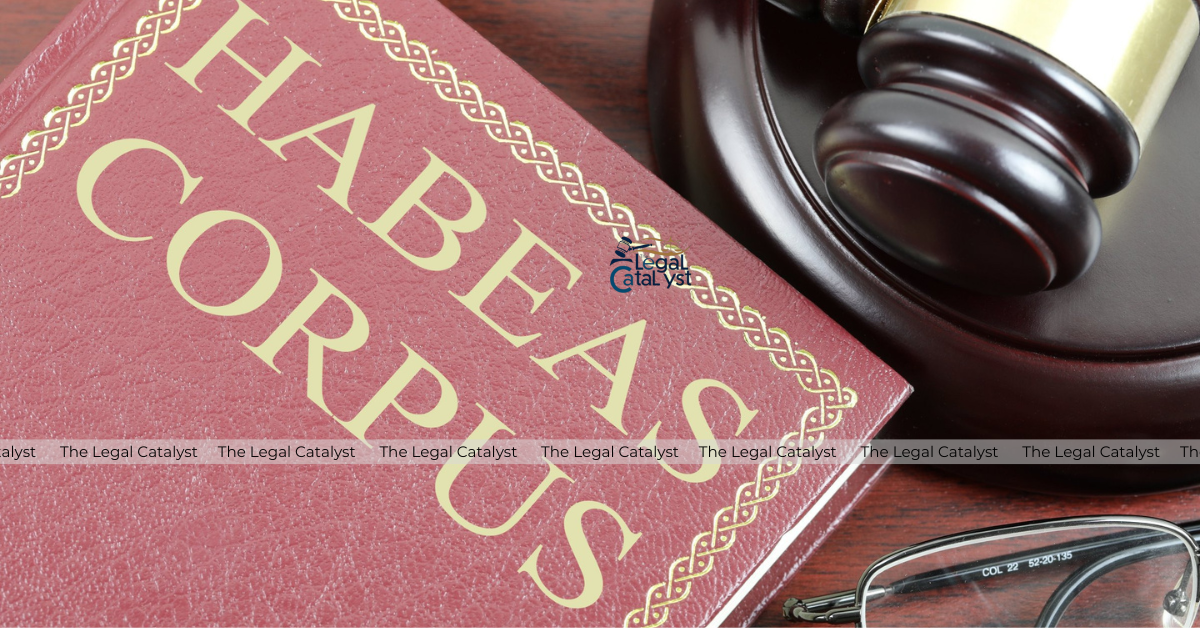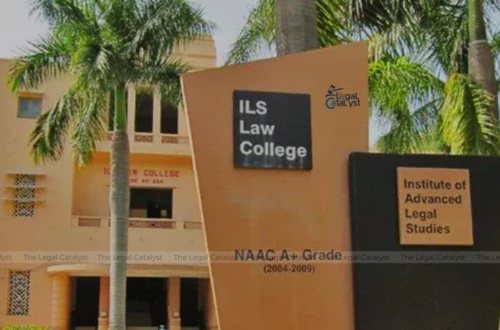In a democracy, the right to liberty is fundamental. But what happens when someone is wrongfully detained or imprisoned? The answer lies in one of the most powerful legal remedies available in Indian law — Habeas Corpus. This Latin term translates to “you may have the body.” Its purpose is to ensure that no individual is deprived of their liberty without lawful justification.
Meaning and Origin
Habeas Corpus is a constitutional remedy under Article 32 (before the Supreme Court). It is also under Article 226 (before High Courts) of the Indian Constitution. It originated in English common law as a safeguard against arbitrary detention by the state. This principle has been adopted by constitutional democracies across the world.
In essence, this writ commands the authority holding a person in custody to bring them before the court. The authority must justify the detention. If the detention is found unlawful, the court can order immediate release.
Why Habeas Corpus Matters
Habeas Corpus is crucial because it:
- Protects personal liberty against arbitrary state action
- Prevents misuse of preventive detention laws
- Enforces fundamental rights, especially under Article 21
- Acts as a check on executive power
During the Emergency period in India (1975–77), the right to Habeas Corpus was controversially suspended. This action sparked widespread legal and political criticism. In ADM Jabalpur v. Shivkant Shukla (1976), the Supreme Court ruled that even the right to life could be curtailed during emergencies. This decision was later overruled in Justice K.S. Puttaswamy v. Union of India (2017), reaffirming that Article 21 cannot be suspended.
Who Can File a Habeas Corpus Petition?
A Habeas Corpus petition can be filed:
- By the person who is unlawfully detained, or
- By someone else on their behalf, especially when the detained person is unable to approach the court.
This flexibility makes the writ accessible and effective in protecting vulnerable individuals.
Habeas Corpus is more than a legal formality. It is a vital instrument for defending human liberty. It ensures that the state remains within the bounds of law. In any constitutional democracy, this remedy serves as a bulwark against tyranny. It is especially crucial in a nation like India, which has a complex legal and political landscape. It protects against unlawful imprisonment and executive overreach. It protects against unlawful imprisonment and executive overreach.
Its continued strength is crucial for upholding the rule of law. It safeguards rights and maintains public trust in the justice system.
Also Read






